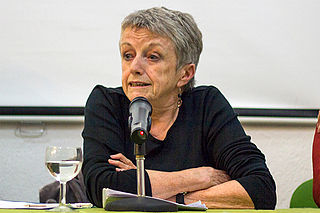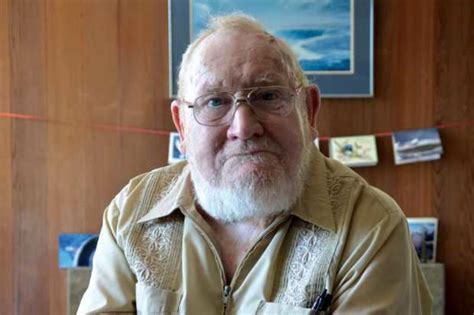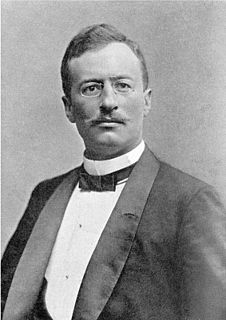Top 7 Quotes & Sayings by Doreen Massey
Explore popular quotes and sayings by a British geographer Doreen Massey.
Last updated on April 15, 2025.
Incidentally, I don't think there is a non-adjectival 'globalisation'. What we have now is a particular form: dominated by finance and multinational corporations and by a rhetoric (though not a reality) of 'free trade' and market forces. So I'm not a localist. I'm an internationalist, but one who believes (a) that such a thing is really only possible through a prior grounding and (b) that the terms of our present globalisation have to be challenged politically.
For me, places are articulations of 'natural' and social relations, relations that are not fully contained within the place itself. So, first, places are not closed or bounded - which, politically, lays the ground for critiques of exclusivity. Second, places are not 'given' - they are always in open-ended process. They are in that sense 'events'. Third, they and their identity will always be contested (we could almost talk about local-level struggles for hegemony).
The problem with the finance sector is not that it has crashed (though that has done enormous damage around the world) but the damage that it did even in its pomp. It is for that reason that we must not go back to business as usual. Most of all it is imperative we reduce the dominance of finance. And that means economically, ideologically, and in terms of political voice.
You ask why London has to 'stand for' anything. One response is that in fact it always inevitably does. One could say at the moment it stands for a complex mix of multiculturalism and financial power. Interestingly, that is a political mix of progressive and oppressive. What I'm arguing is simply that we should take responsibility for the effects of 'our place' around the world. To take responsibility for our embeddedness. If you don't want to, so be it. It does demand an imaginative engagement with our planetary interdependence and that can be quite challenging.











